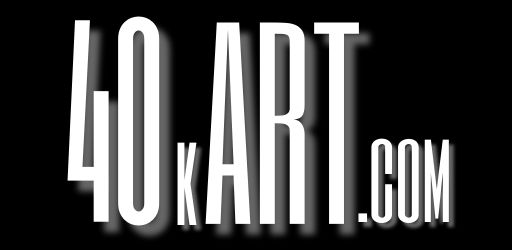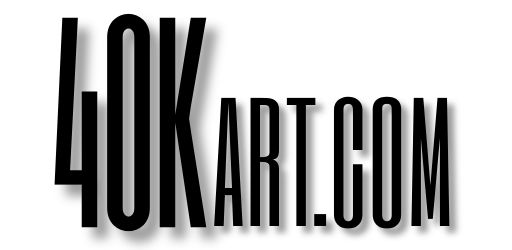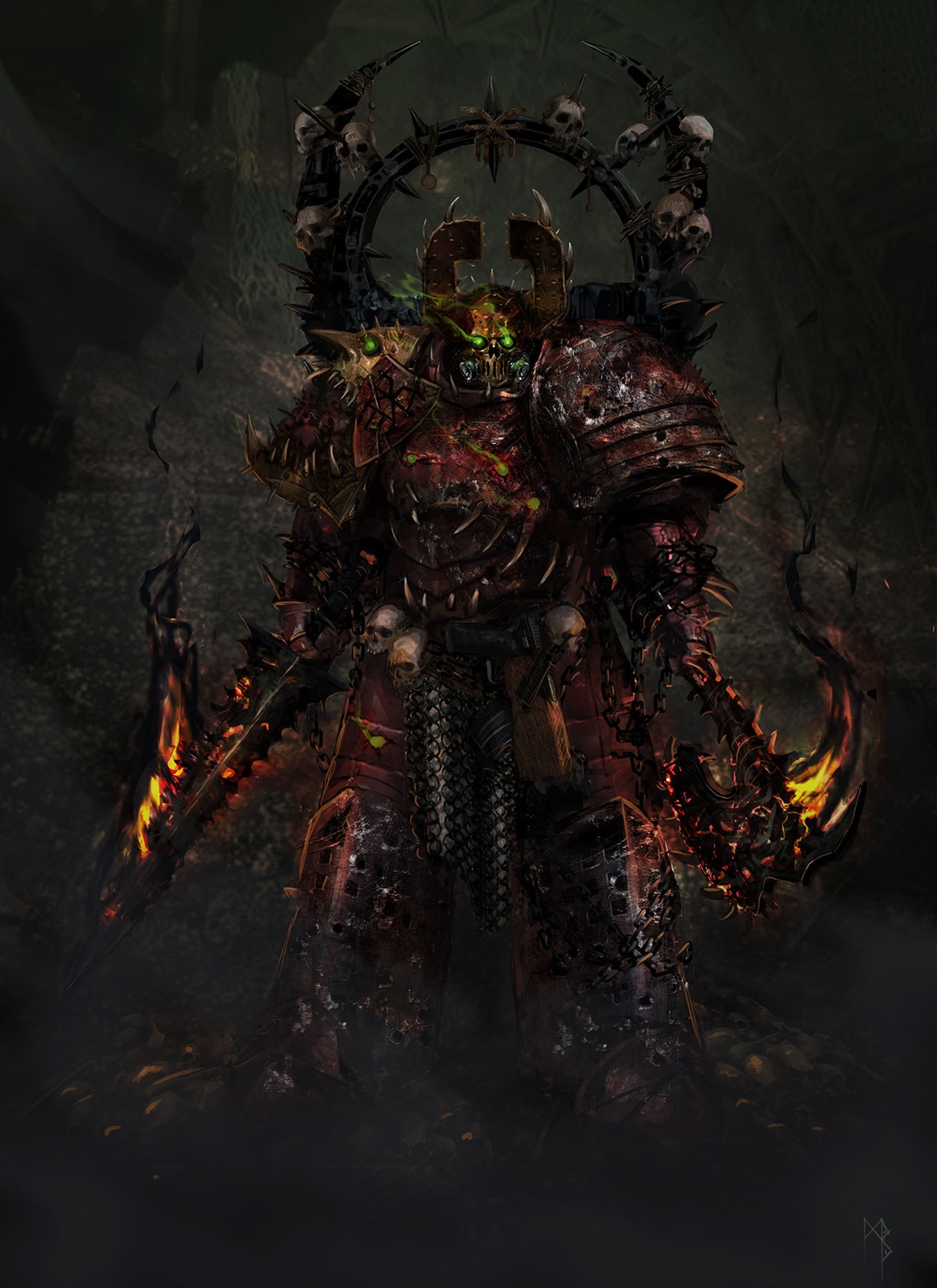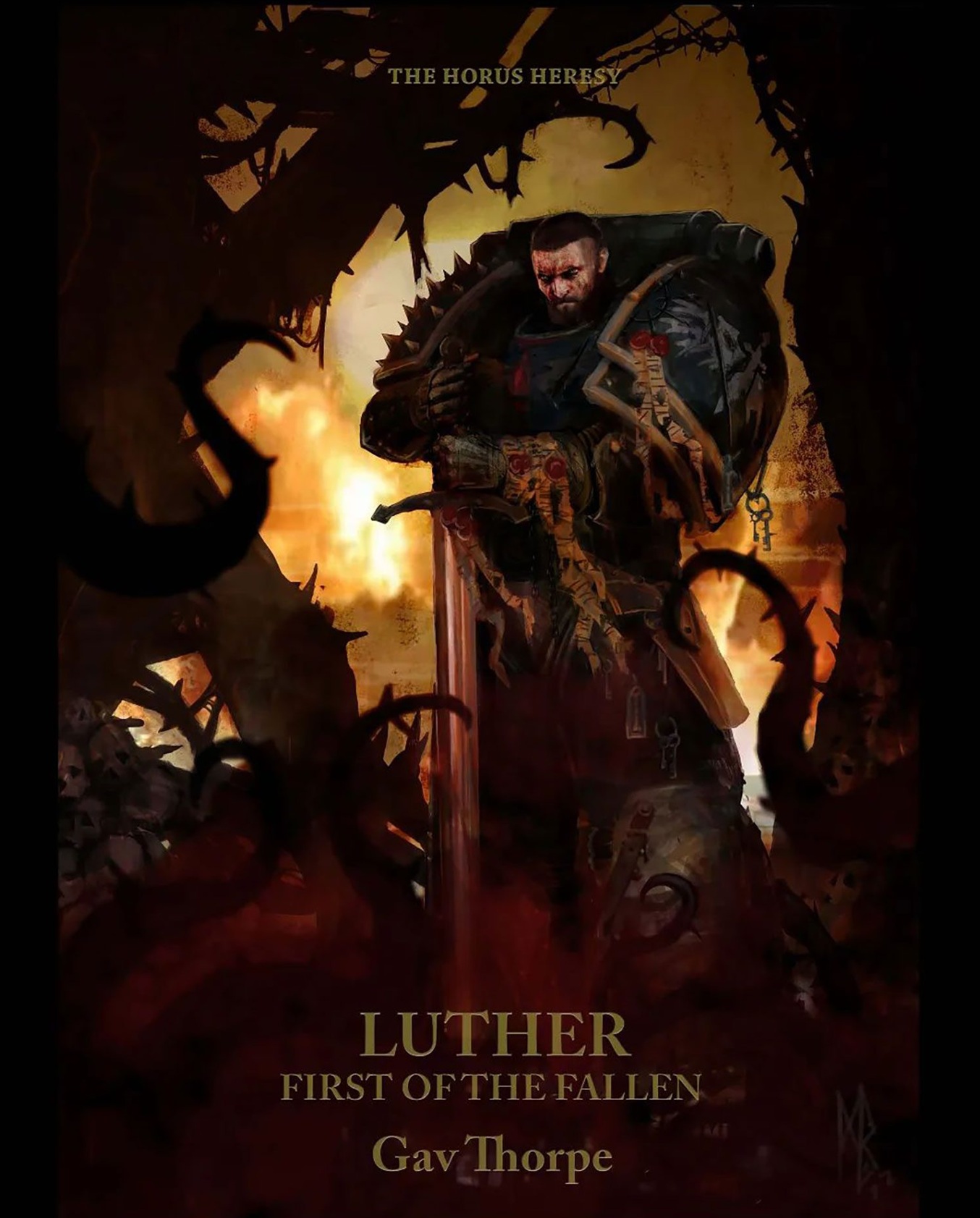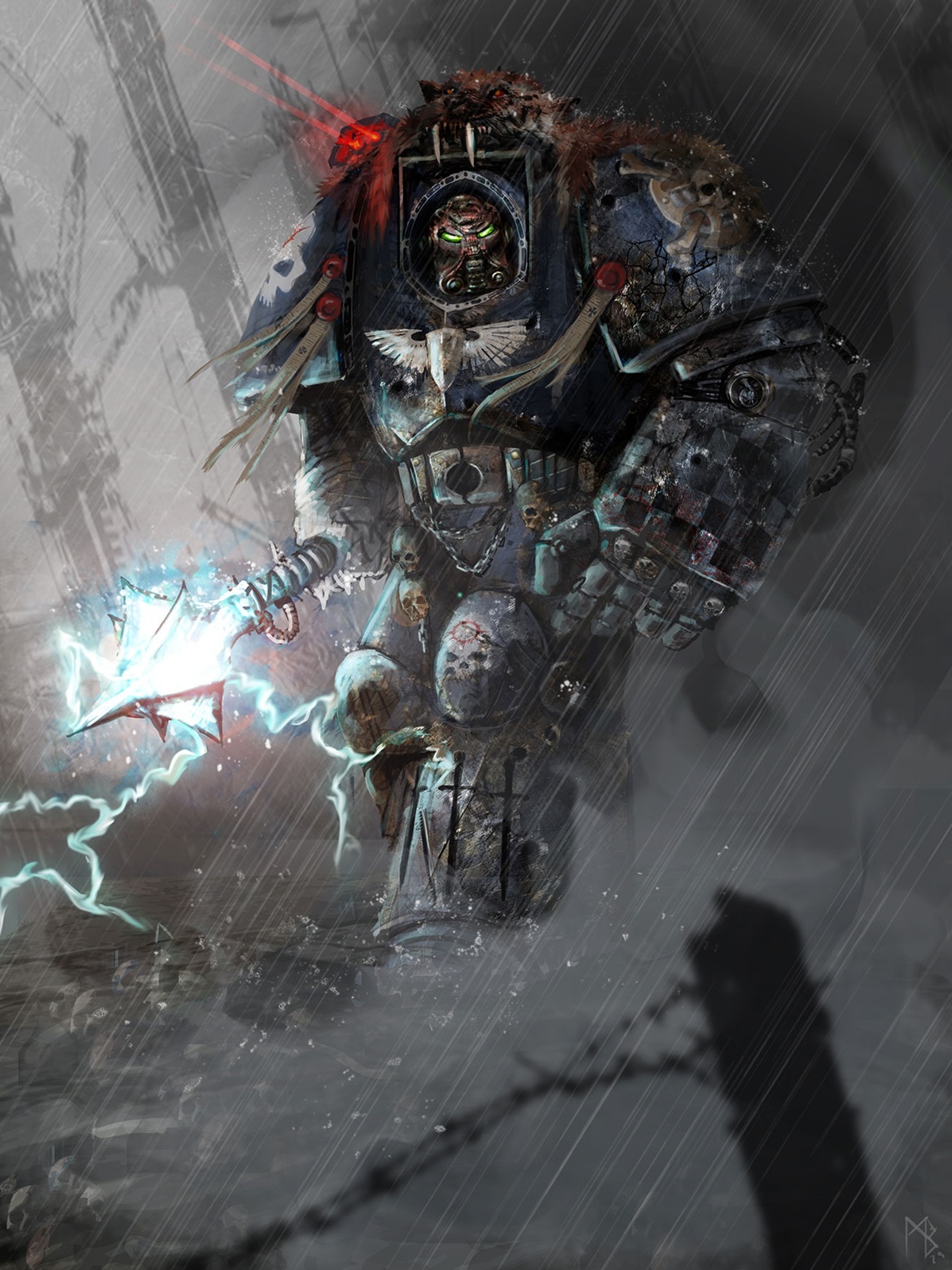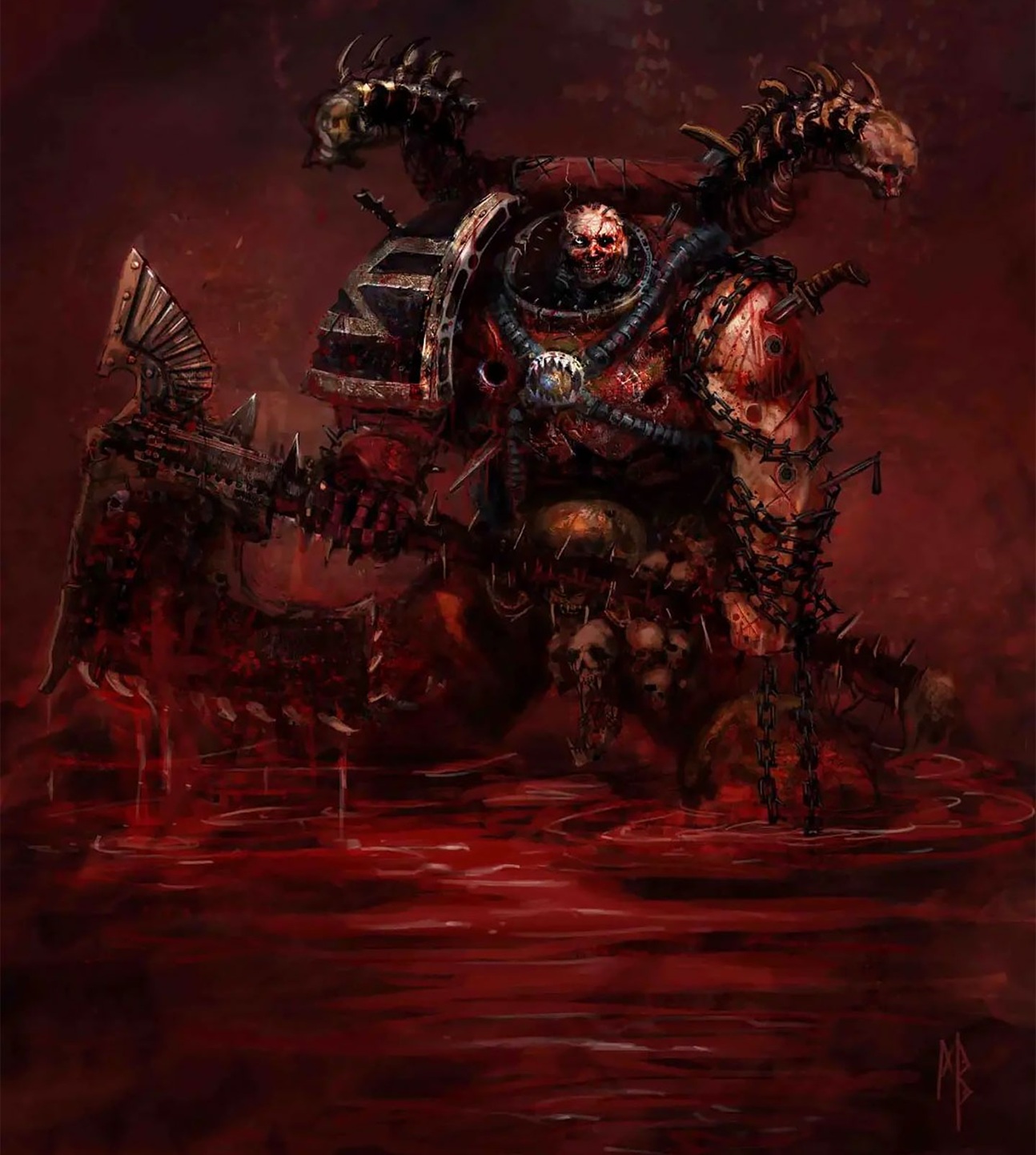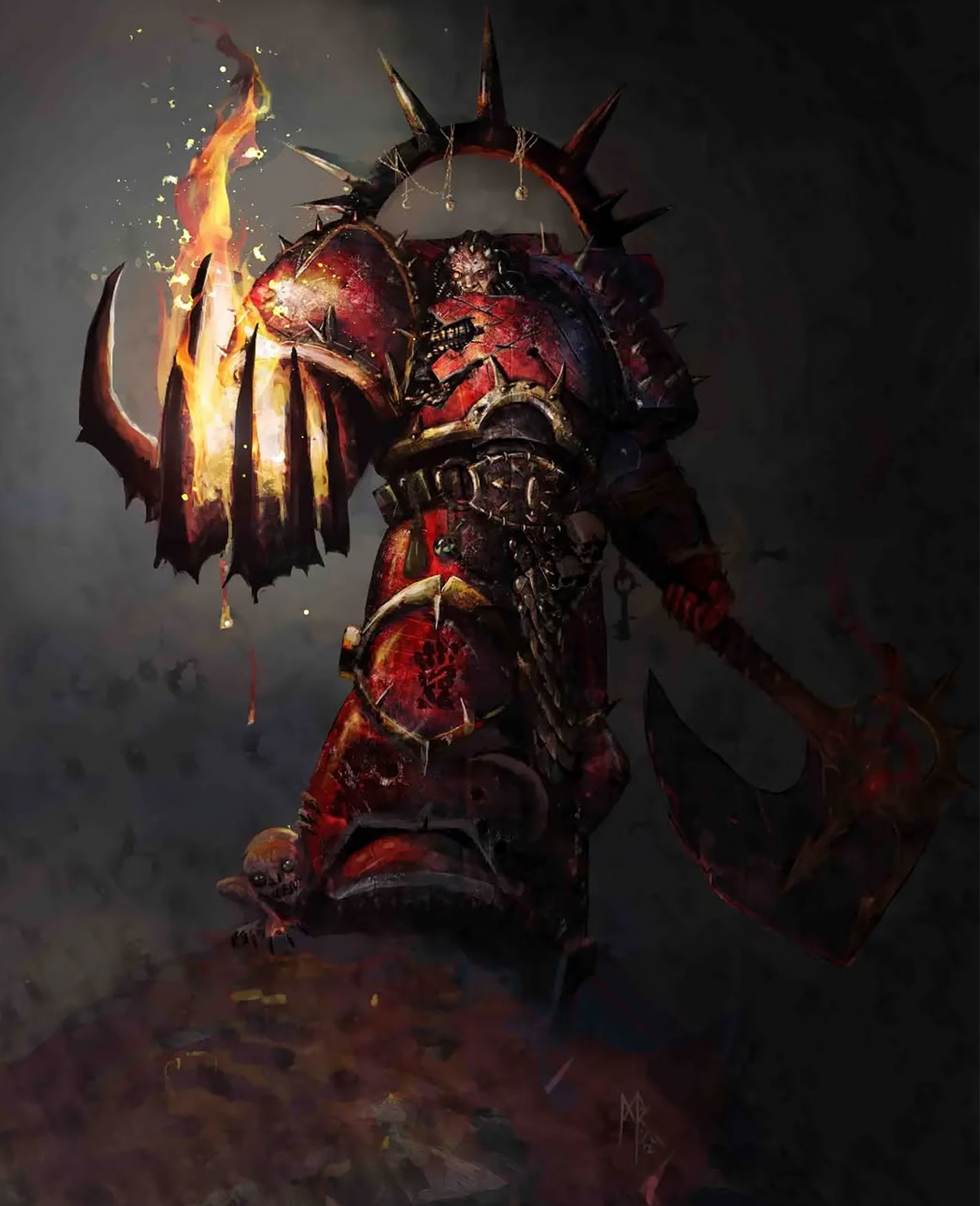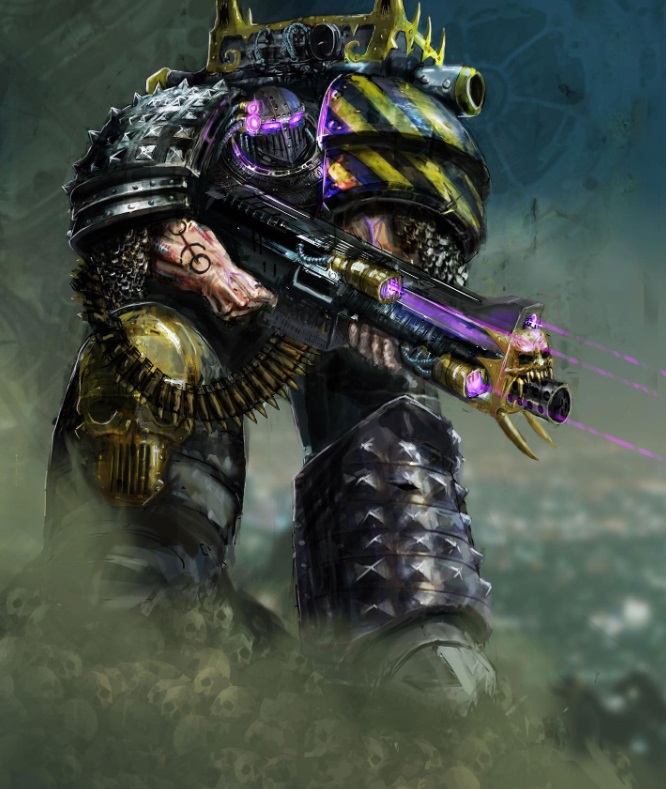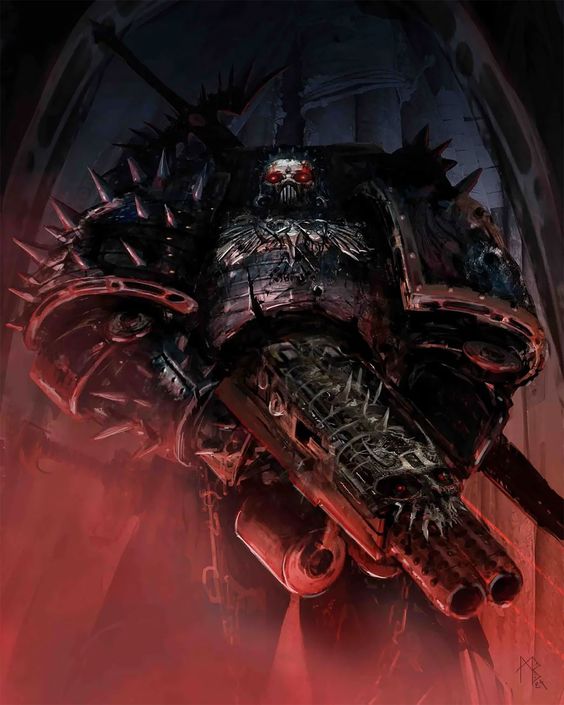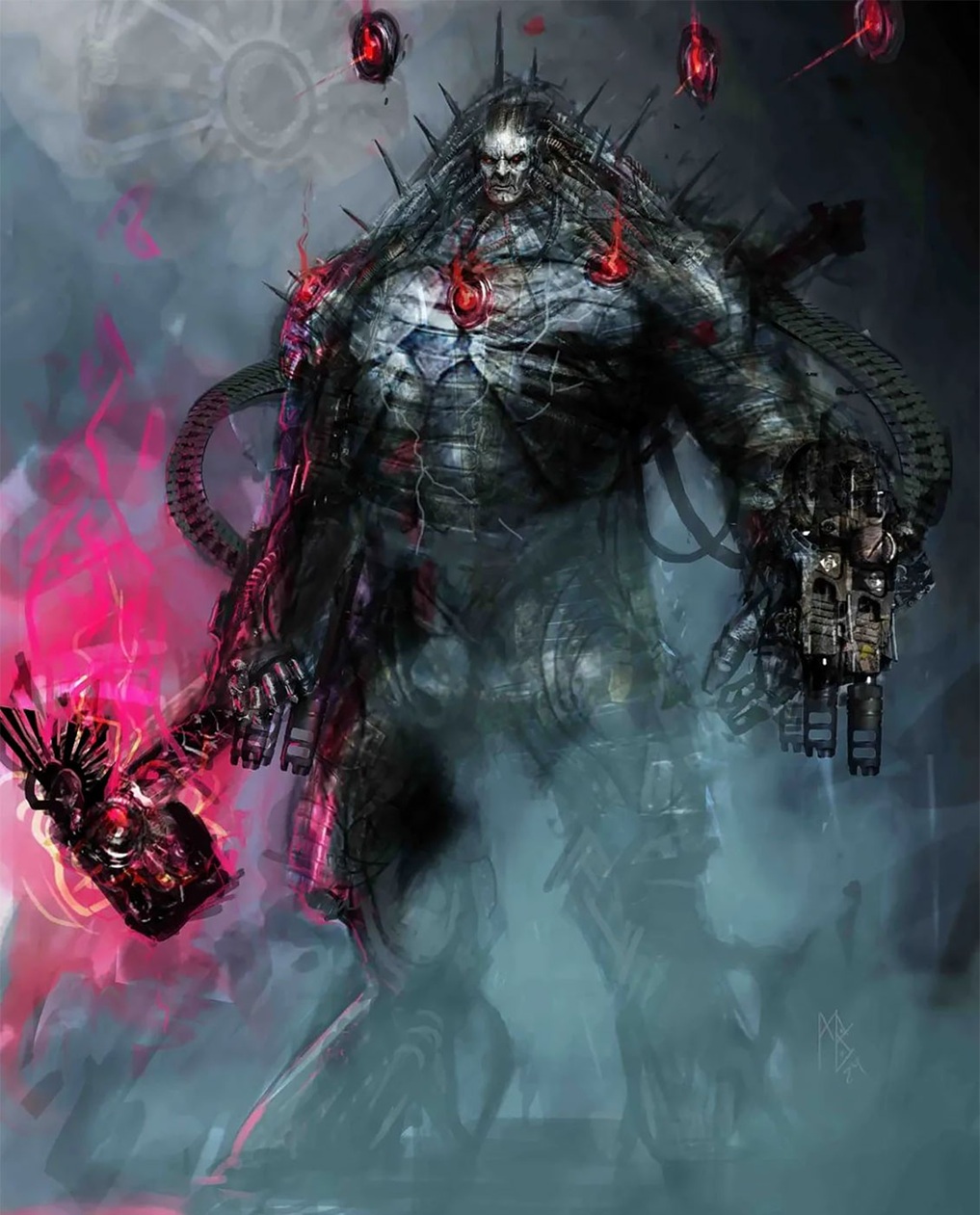
Perturabo: The Iron Primarch’s Art and Lore in Warhammer 40,000
Overview of the Artwork
This artwork of Perturabo, the Primarch of the Iron Warriors in Warhammer 40,000, is a haunting blend of mechanical and organic elements. He looms as a massive, hulking figure, his body a fusion of cold steel and warped flesh, radiating an aura of unyielding power. His armor is a dark, industrial gray, covered in intricate gears and glowing red runes that pulse with energy. In one hand, he wields a massive hammer, Forgebreaker, its head crackling with fiery light, while his other arm is a mass of cybernetic tendrils. Floating servo-skulls with glowing red eyes hover around him, adding a sinister, calculating vibe. The background is a smoky mix of teal and crimson, reflecting his bitter, destructive nature.
Details of Perturabo’s Appearance
Perturabo’s design is a testament to his role as a master of siege warfare and machinery, with every detail screaming cold efficiency. His armor is adorned with pistons, cables, and spiked protrusions, giving him the look of a walking fortress. His face, partially visible, is gaunt and pale, with a stern expression that speaks of resentment and determination. Spikes jut from his head and shoulders, a nod to his Iron Warriors’ brutal aesthetic, while his chest glows with embedded warp-infused tech. The servo-skulls circling him are mechanical yet eerie, their red eyes casting beams of light that cut through the haze. The artist has captured Perturabo’s essence as a being of logic twisted by betrayal and rage.
The Lore of Perturabo – The Iron Primarch
Perturabo, the Primarch of the Iron Warriors Legion, is a tragic and complex figure in Warhammer 40,000 lore, known for his genius in siegecraft and engineering. Raised on the planet Olympia, he grew up isolated, his natural talents for building and strategy overshadowed by a deep sense of being unappreciated. Recruited by the Emperor to join the Great Crusade, Perturabo’s legion was often tasked with the grimmest, most thankless sieges, fostering his bitterness toward his father and siblings. His cold, calculating mind made him a master of war, but he felt perpetually undervalued compared to Primarchs like Rogal Dorn. This resentment fueled his eventual turn to Chaos during the Horus Heresy, aligning with Horus to spite the Emperor. Perturabo’s story is one of brilliance marred by insecurity and a desperate need for recognition.
The Lore of Perturabo – Descent into Chaos
During the Horus Heresy, Perturabo’s bitterness reached its peak, leading him to betray the Imperium and join the traitor legions. His Iron Warriors became infamous for their ruthless efficiency, tearing down fortresses with relentless precision while embracing the dark gifts of Chaos. Perturabo’s hatred for Rogal Dorn, his rival who defended Terra, culminated in brutal campaigns like the Iron Cage, where he nearly destroyed Dorn’s Imperial Fists. After the Heresy, Perturabo ascended to become a Daemon Primarch of Chaos Undivided, his body further warped by the warp’s influence. Now, he rules from the daemon world of Medrengard, a fortress of iron and despair, plotting his eternal vengeance. His legacy is one of destruction, a Primarch whose genius was consumed by his own grudges.
The Lore of Perturabo – Legacy in the 41st Millennium
In the 41st Millennium, Perturabo remains a shadowy, menacing figure, leading the Iron Warriors from his warped stronghold in the Eye of Terror. His legion continues to wage war against the Imperium, specializing in siege warfare and fortification, often using daemon engines and twisted technology. Perturabo himself rarely emerges, but when he does, entire worlds fall to his calculated wrath, as seen in lore from Games Workshop’s Chaos Space Marines codices. His rivalry with Rogal Dorn endures, a bitter feud that defines much of his existence. For fans, Perturabo is a fascinating character, embodying the dangers of pride and the cost of feeling unacknowledged. His story serves as a grim reminder of how even the Emperor’s greatest creations can fall to their own flaws.
